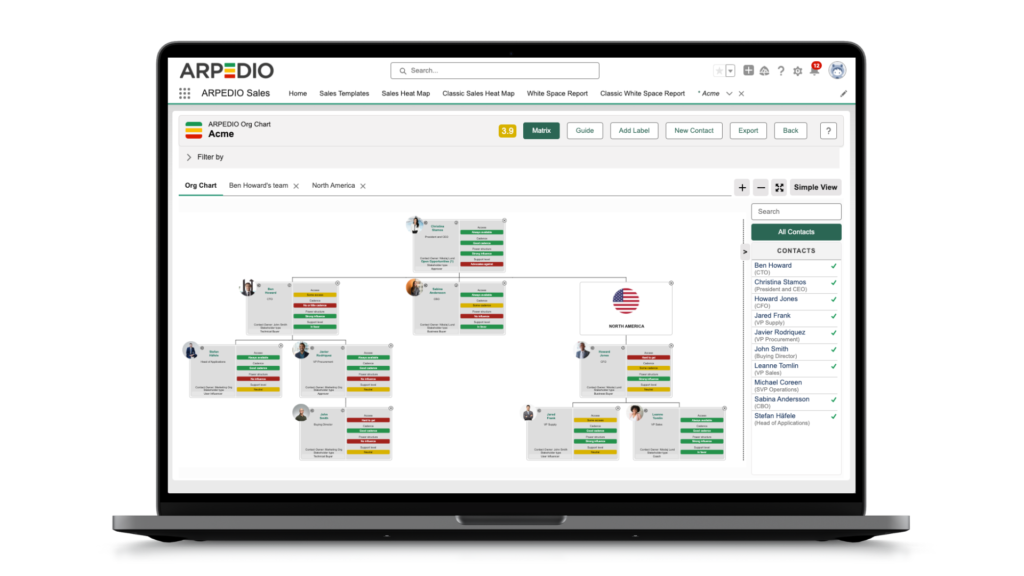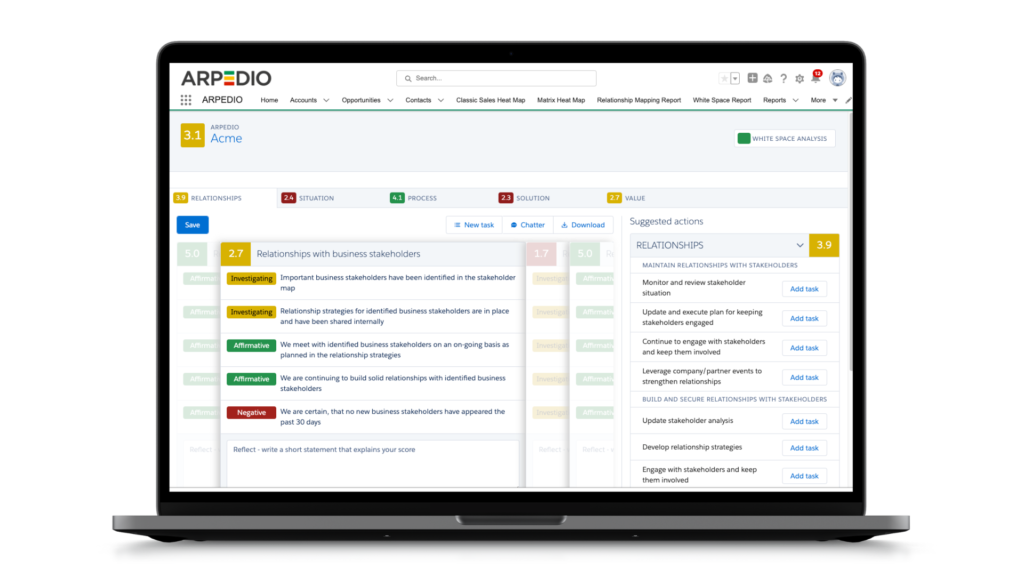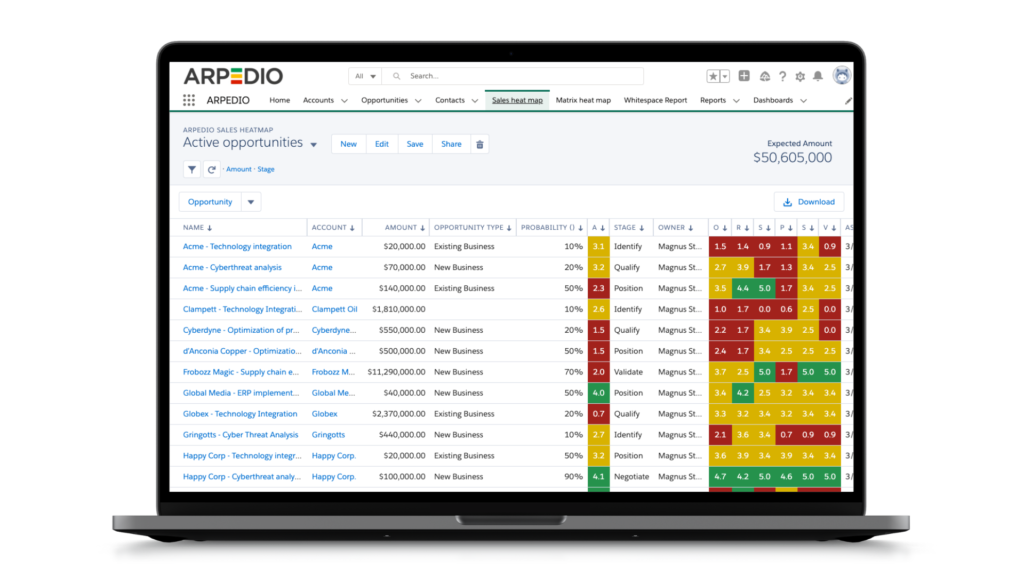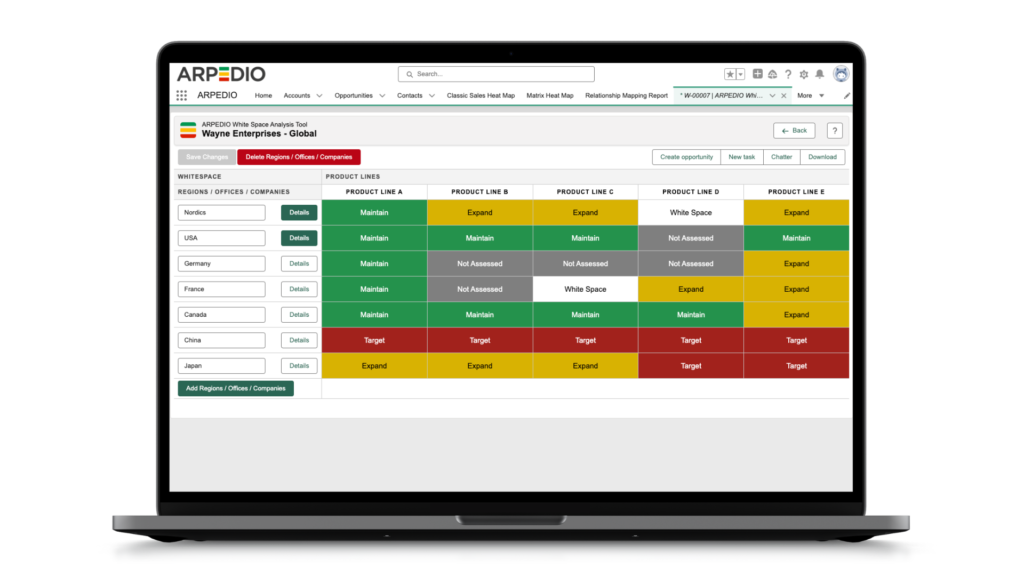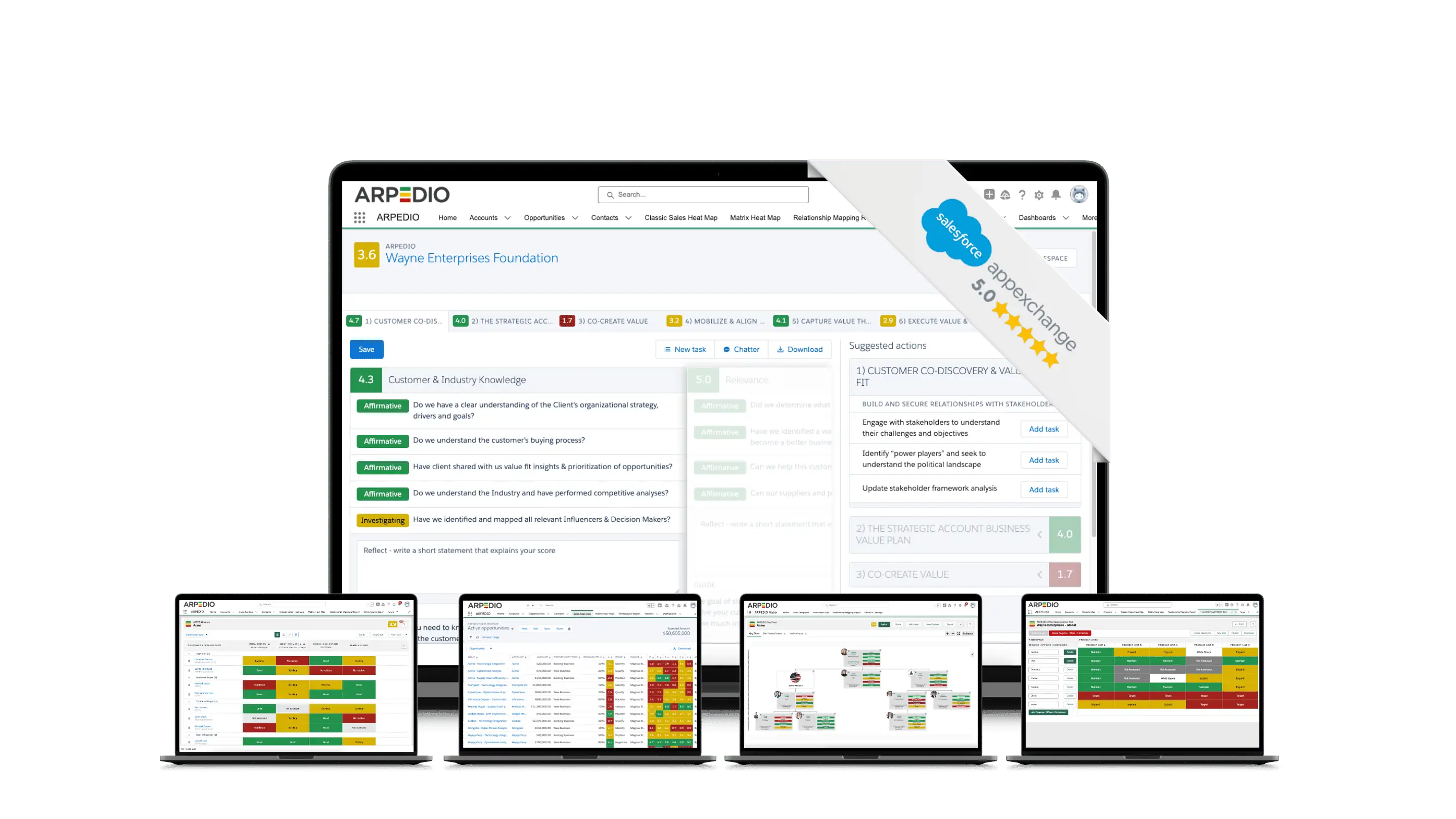In the competitive world of sales, the art of relationship management is a pivotal factor that drives success. Effective relationship management in sales is not just about making connections; it’s about building and maintaining long-term partnerships that benefit both parties.
Introduction to Relationship Management in Sales
In the dynamic arena of sales, relationship management is more than a buzzword; it’s the linchpin of success. This concept has evolved from mere customer service to an intricate process of building and nurturing long-term partnerships. Today, effective relationship management is about understanding and aligning with customer goals, creating experiences that foster loyalty, and leveraging relationships to drive business growth. It’s a nuanced art that balances empathy, strategy, and business acumen.
The Cornerstone of Sales Success
Relationship management in sales is the strategic approach to understanding and managing interactions with clients and potential customers. It’s about cultivating trust, understanding client needs, and consistently delivering value.
Key Strategies for Effective Relationship Management
- Understanding Customer Needs: This involves not only identifying what the customer wants but also understanding their long-term goals and challenges.
- Building Trust: Trust is the foundation of any strong relationship. In sales, this means being reliable, transparent, and honest in all dealings.
- Consistent Communication: Keeping in touch with clients, providing updates, and being responsive to their queries plays a crucial role.
- Personalization: Tailoring your approach to fit the unique needs and preferences of each client enhances the relationship.
- Feedback and Adaptation: Actively seeking feedback and being willing to adapt your approach can significantly improve client relationships.
- Utilizing Technology: Tools like CRM systems, such as Salesforce combined with ARPEDIOs Relationship Mapping solution, help in organizing client information, tracking interactions, and understanding client behavior patterns.
- Long-Term Focus: Focusing on long-term gains rather than short-term wins fosters a more sustainable and rewarding relationship.
Benefits of Strong Relationship Management
Effective relationship management in sales leads to numerous benefits, including increased customer loyalty, more referrals, better customer retention, and ultimately, improved sales performance.
The Role of Emotional Intelligence in Sales Relationships
Emotional Intelligence (EI) is crucial in sales, acting as a bridge between understanding customer needs and responding to them effectively. EI involves self-awareness, empathy, and the ability to regulate one’s emotions, which are key in navigating complex client interactions. Sales professionals with high EI can better read customer cues, adapt their approach to different personalities, and handle challenging situations with poise, leading to stronger, more trusting relationships.
Strategies for Building Trust with Clients
Trust is the cornerstone of any successful sales relationship. Building it requires consistency, transparency, and genuine care for the client’s needs. Strategies include:
- Consistent Communication: Regular, clear communication keeps clients informed and engaged.
- Reliability: Following through on promises builds credibility.
- Personalized Attention: Understanding and catering to individual client needs show that their business is valued.
- Transparency: Being honest about capabilities and limitations fosters trust.
- Listening: Truly listening to and addressing client concerns demonstrates commitment.
Implementing these strategies helps in forging lasting, trust-based client relationships.
The Impact of Technology on Relationship Management
Technology has revolutionized relationship management in sales, providing tools that streamline and enhance interactions with clients. Customer Relationship Management (CRM) systems stand at the forefront, offering a centralized platform for tracking customer interactions, preferences, and history. This data-driven approach enables sales professionals to personalize communications and predict client needs. Additionally, digital tools like email automation, social media platforms, and analytical software provide valuable insights into customer behavior, further enhancing the ability to maintain and grow customer relationships effectively.
Relationship Management inside of Salesforce
ARPEDIO’s Relationship Mapping solution, integrated with Salesforce, facilitates enhanced stakeholder relationship management. It provides tools for mapping and assessing relationships, offering insights and actionable strategies for effective engagement. This solution helps sales teams monitor engagement, improve collaboration, and track communication with key stakeholders, ensuring transparency and alignment in stakeholder interactions. Its use of dynamic org charts aids in making data-driven decisions and visualizing connections, enhancing relationship building and management in Salesforce.
The Art of Active Listening in Sales
Active listening is a fundamental skill in sales that goes beyond hearing words. It involves fully concentrating, understanding, responding, and remembering what is being said. This skill is essential for identifying and addressing client needs accurately. Active listening allows sales professionals to build rapport, trust, and empathy with clients. It ensures that the client feels heard and understood, leading to more meaningful and productive interactions. Incorporating active listening into sales strategies significantly improves relationship quality and customer satisfaction.
Tailoring Solutions to Customer Needs
Personalization is key in relationship management. Sales professionals must tailor their solutions to meet the unique needs and preferences of each customer. This involves thoroughly understanding the customer’s business, challenges, and goals. Personalized solutions demonstrate a commitment to the customer’s success, fostering trust and loyalty. Utilizing customer data to customize products, services, and communication can lead to more effective sales strategies and higher customer satisfaction.
Handling Negative Feedback and Complaints
Addressing negative feedback and complaints is a critical aspect of relationship management. Effective handling of such situations involves:
- Prompt Response: Quickly addressing complaints shows customers their concerns are taken seriously.
- Active Listening: Understand the issue from the customer’s perspective without being defensive.
- Empathy: Show genuine concern and understanding for the customer’s situation.
- Problem Solving: Work collaboratively to find a satisfactory solution.
- Learning: Use feedback to improve products, services, and customer interactions.
Properly managed, negative feedback can be an opportunity to strengthen the customer relationship and build loyalty.
Cultivating Long-Term Client Relationships
Cultivating long-term client relationships is essential in sales. It goes beyond individual transactions to establish a continuous partnership. This involves:
- Regular Follow-Ups: Keep in touch with clients, even when not actively selling, to show ongoing interest.
- Providing Continued Value: Share useful information, insights, or assistance that may benefit the client.
- Adapting to Changes: Stay informed about changes in the client’s industry and needs, and adjust your approach accordingly.
- Building a Partnership: Position yourself as a reliable partner, not just a vendor, by aligning with the client’s long-term goals and success.
By focusing on these aspects, sales professionals can build relationships that endure market shifts and foster mutual growth.




